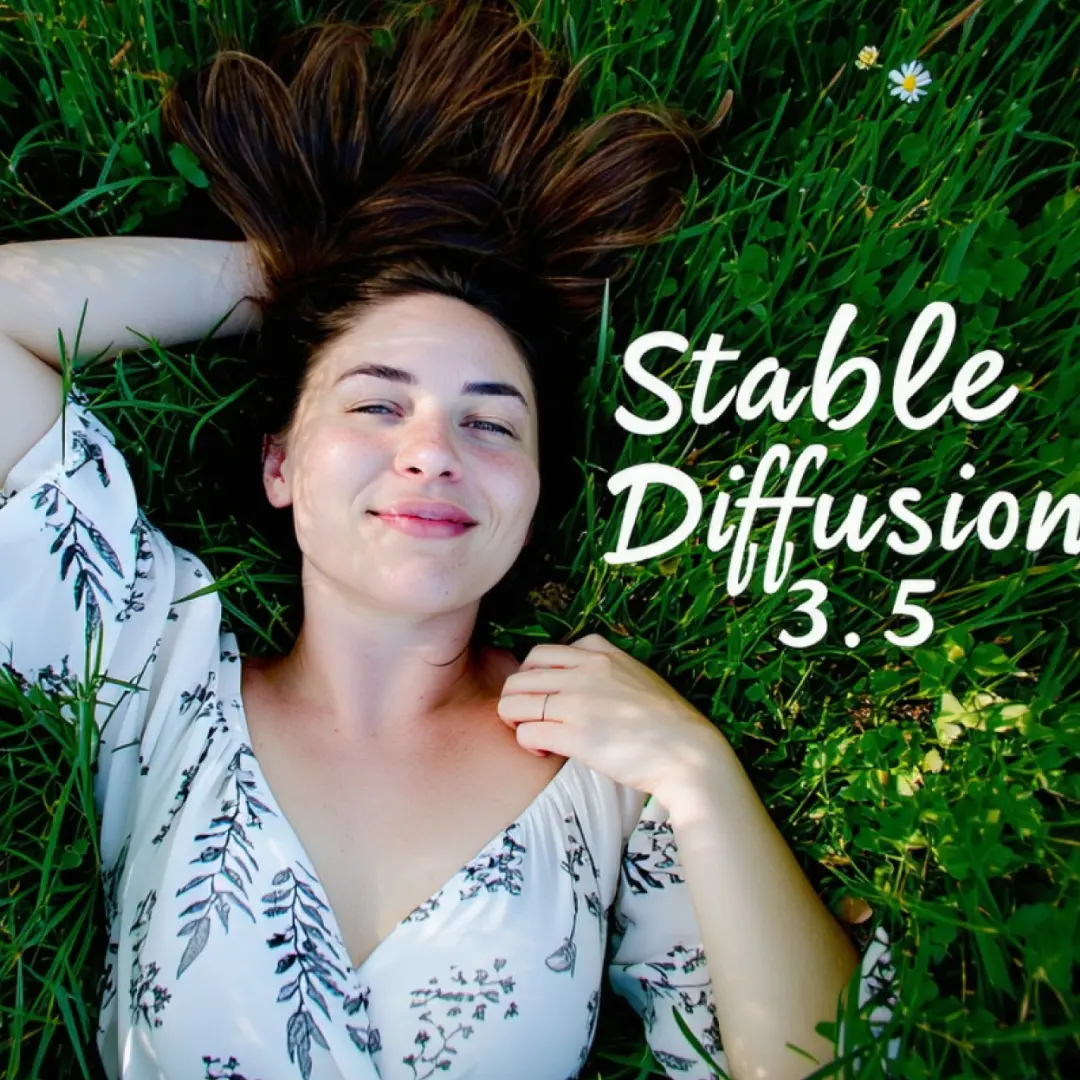ComfyUI Extension: ComfyUI-FFmpeg
ComfyUI-FFmpeg
MoonHugo (Account age: 213 days) Nodes
View all nodes(16) Latest Updated
2024-11-13 Github Stars
0.06K
How to Install ComfyUI-FFmpeg
Install this extension via the ComfyUI Manager by searching for ComfyUI-FFmpeg- 1. Click the Manager button in the main menu
- 2. Select Custom Nodes Manager button
- 3. Enter ComfyUI-FFmpeg in the search bar
Visit ComfyUI Online for ready-to-use ComfyUI environment
- Free trial available
- 16GB VRAM to 80GB VRAM GPU machines
- 400+ preloaded models/nodes
- Freedom to upload custom models/nodes
- 200+ ready-to-run workflows
- 100% private workspace with up to 200GB storage
- Dedicated Support
ComfyUI-FFmpeg Description
ComfyUI-FFmpeg integrates FFmpeg's video processing capabilities into ComfyUI nodes, streamlining tasks like editing and converting videos directly within the ComfyUI interface for enhanced user convenience.
ComfyUI-FFmpeg Introduction
ComfyUI-FFmpeg is an extension designed to integrate the powerful multimedia processing capabilities of FFmpeg into the ComfyUI environment. This extension encapsulates commonly used FFmpeg functionalities into user-friendly nodes, allowing you to perform a variety of video processing tasks directly within ComfyUI. Whether you're looking to convert videos into frames, add watermarks, or merge multiple video files, ComfyUI-FFmpeg simplifies these processes, making them accessible even to those without a technical background. This tool is particularly beneficial for AI artists who want to enhance their video content without delving into complex command-line operations.
How ComfyUI-FFmpeg Works
At its core, ComfyUI-FFmpeg leverages the robust capabilities of FFmpeg, a comprehensive suite of libraries and tools for handling multimedia data. FFmpeg is renowned for its ability to process audio, video, and other multimedia files and streams. ComfyUI-FFmpeg takes these capabilities and wraps them into nodes that can be easily manipulated within the ComfyUI interface. Think of each node as a specialized tool that performs a specific task, such as converting video to frames or adding a watermark. By connecting these nodes, you can create a workflow that processes your video content in a sequence of steps, much like assembling a puzzle.
ComfyUI-FFmpeg Features
ComfyUI-FFmpeg offers a variety of features, each encapsulated in a node with specific functionalities:
- Video2Frames Node: Converts a video into individual frames, saving them as images. This is useful for extracting stills from a video for further analysis or artistic manipulation.
- Frames2Video Node: Compiles a series of images into a video. This feature is ideal for creating time-lapse videos or animations from a sequence of images.
- AddTextWatermark Node: Allows you to overlay text on a video as a watermark. You can customize the font, size, color, and position of the text to suit your needs.
- AddImgWatermark Node: Similar to the text watermark, this node lets you add an image as a watermark on your video, with options to adjust its size and position.
- VideoFlip Node: Flips the video horizontally, vertically, or both, which can be useful for correcting orientation or creating mirror effects.
- ExtractAudio Node: Extracts audio from a video file and saves it in various formats, such as MP3 or WAV, allowing you to repurpose the audio content.
- MergingVideoByTwo Node: Merges two videos into one, effectively doubling the duration. This is useful for creating longer content from shorter clips.
- MergingVideoByPlenty Node: Combines multiple videos with the same encoding, resolution, and frame rate into a single long video.
- StitchingVideo Node: Joins two videos side by side or one on top of the other, creating a split-screen effect.
- MultiCuttingVideo Node: Splits a video into multiple segments based on specified durations, useful for creating clips or highlights.
- SingleCuttingVideo Node: Extracts a specific segment from a video, defined by start and end times.
- AddAudio Node: Adds an audio track to a video, either from an audio file or another video, with options to delay the audio playback.
Troubleshooting ComfyUI-FFmpeg
While using ComfyUI-FFmpeg, you might encounter some common issues. Here are solutions to help you troubleshoot:
- Installation Issues: Ensure FFmpeg is installed on your system. You can follow the installation guide here.
- Node Errors: If a node isn't functioning as expected, double-check the input paths and parameters. Ensure that file paths are correct and accessible.
- Performance Problems: If video processing is slow, consider using the GPU option in nodes that support it, as this can significantly speed up processing times.
- Output Quality: If the output video quality is not as expected, review the settings for resolution and frame rate to ensure they match your requirements.
Learn More about ComfyUI-FFmpeg
To further explore the capabilities of ComfyUI-FFmpeg, you can access additional resources and community support:
- FFmpeg Documentation: Gain a deeper understanding of the underlying technology by visiting the FFmpeg website (https://ffmpeg.org) and its wiki (https://trac.ffmpeg.org).
- Community Forums: Engage with other users and developers in forums and online communities to share experiences and solutions.
- Tutorials and Guides: Look for video tutorials and written guides that demonstrate how to use ComfyUI-FFmpeg effectively, tailored to the needs of AI artists. By utilizing these resources, you can enhance your skills and make the most out of ComfyUI-FFmpeg for your creative projects.
ComfyUI-FFmpeg Related Nodes
RunComfy is the premier ComfyUI platform, offering ComfyUI online environment and services, along with ComfyUI workflows featuring stunning visuals. RunComfy also provides AI Playground, enabling artists to harness the latest AI tools to create incredible art.


